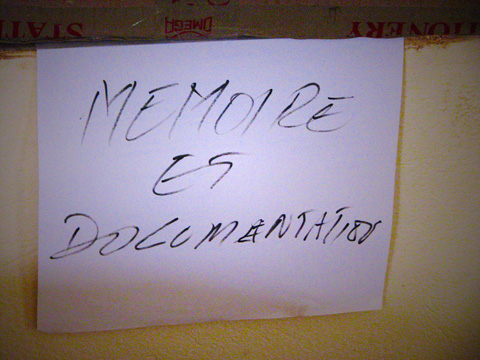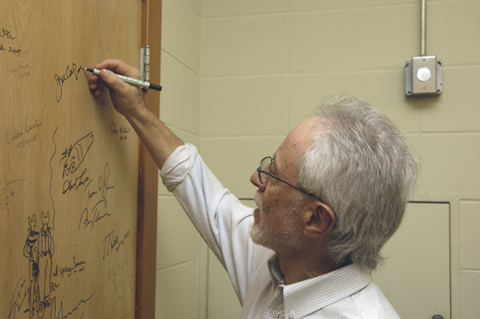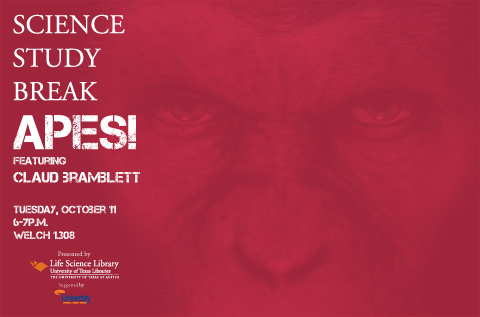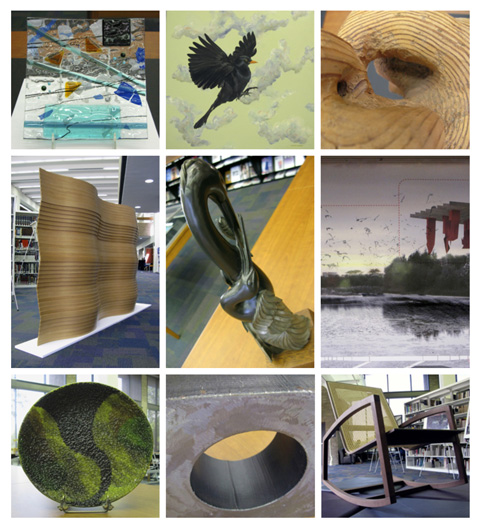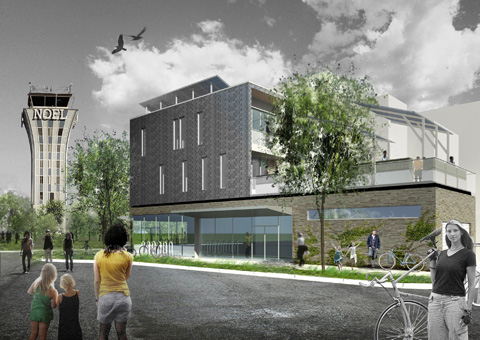
The Hamilton Book Author Awards wrapped its incredible fifteenth annual awards ceremony last Wednesday, and Dr. L. Michael White became the first two-time winner of the $10,000 grand prize.
White’s book Scripting Jesus: The Gospels in Rewrite (Harper Collins) is a theoretical work on the contextualization of the Bible to its era and authors, and serves as a worthy companion to his earlier From Jesus to Christianity: How Four Generations of Visionaries & Storytellers Created the New Testament and Christian Faith (Harper Collins) which garnered the award in 2006.
Runners up included Richard Graham (Feeding the City: From Street Market to Liberal Reform in Salvador, Brazil, 1780-1860), David Hillis (Principles of Life), Inga Markovits (Justice in Luritz: Experiencing Socialist Law in East Germany) and Karl Miller (Segregating Sound: Inventing Folk and Pop Music in the Age of Jim Crow). J. Patrick Olivelle received the Career Research Excellence Award, while Steven Dietz took home the award for Creative Research. Barbara McArthur and George Benedict were honored with the Best Research Paper Award.
The Hamilton prize is sponsored by the University Co-op.
Normally, the subject of books alone is enough for us to spill a few words on the virtual page, but in the case of this year’s presentation, we also had a connection to the proceedings in the form of assistant engineering librarian Larayne Dallas, who happened to serve on the selection committee.

